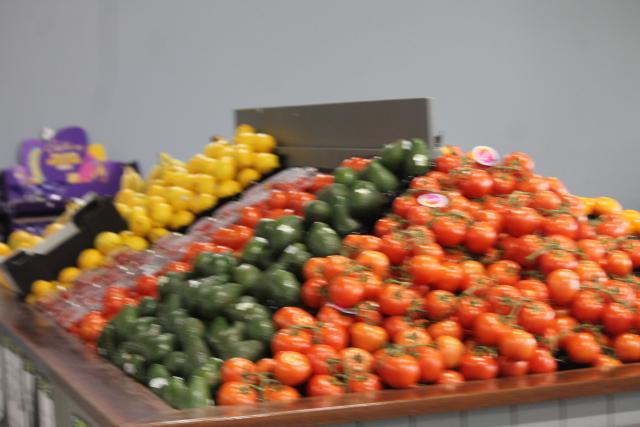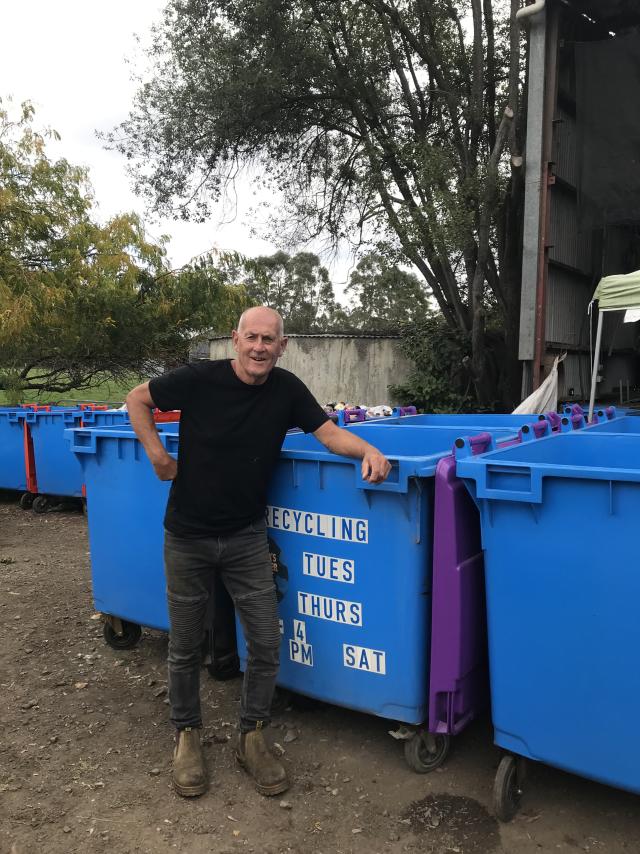Supermarkets making record profits amid spiralling grocery costs is “out of sync”, the prime minister says.
As a review into the code of conduct of supermarkets gathers pace, Anthony Albanese said major chains had a responsibility to ensure customers were not getting ripped off.
Former Labor minister Craig Emerson has been appointed by the federal government to lead the review, which will examine the gap between what is paid to farmers for produce and what customers pay at the checkout.
“We know that at a time when people are doing it tough, the big supermarket chains have been making record profits and we know that there’s something out of sync there,” Mr Albanese told reporters on Thursday.
“And we say to all of the supermarkets and to big business, they have a responsibility to look after customers and my government is prepared to take whatever action is necessary.”
Coles made an profit of more than $1 billion during the 2022/23 financial year, while Woolworths registered a $1.6 billion profit for the same period.
Mr Albanese said major chains needed to pass on reduction of costs on grocery items to customers.
“At the moment the code of conduct is a voluntary one, it’s industry led, but we’re prepared to look at mandating if that is necessary,” he said.
Former consumer watchdog chair Allan Fels said a code of conduct was a small step in the right direction to ensure farmers were receiving a fair price for their produce from supermarkets.
“There has been evidence that the supermarkets put up prices quicker than they lower them,” he told Sky News.
“When the price of lamb for farmers went down earlier this year, there was a very long delay before we saw that passed on in supermarkets.”
The review into the code of conduct will coincide with a Senate inquiry into supermarket prices.
The inquiry will hold hearings in February, before a final report in May.
Shadow treasurer Angus Taylor said the supermarket sector needed to be more competitive to ensure consumers had cheaper prices.
“Whatever we can do to make any of our sectors more competitive, to deliver a better outcome for customers at a time like this when real disposable incomes are really being smashed for hardworking Australians, we’ll back and we’ll support,” he told ABC Radio.
“We’ll back sensible policies because we do want to see Australians facing lower prices for their essential items they buy at the supermarket and elsewhere.”







